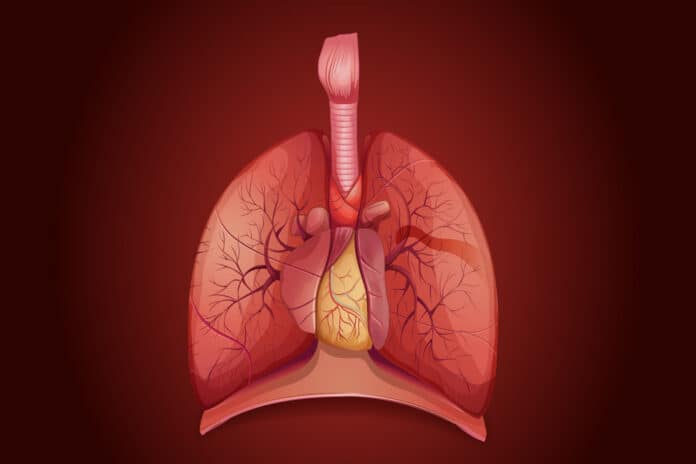A recent study has uncovered some truly surprising findings about a part of our body called the thymus. This study has shown that the thymus gland, which was previously thought to be important mainly during childhood, also plays a crucial role in adults.
The thymus gland, which makes immune cells when we are babies and kids, is thought to not work in adults and is sometimes taken out during heart surgery. But new research from Massachusetts General Hospital suggests the thymus is essential for adults too. It might help prevent cancer and immune system diseases.
The researchers studied 1,146 adults who had their thymus removed during surgery and compared them to 1,146 similar adults who had heart surgery without thymus removal. They looked at how many people got sick, cancer, or died in each group. They also checked some patients’ blood and immune cells to see how they were affected.
A five-year study revealed that people with a thymus removed had a higher death rate (8.1%) than those who didn’t (2.8%), making the risk of death almost three times higher without a thymus. Additionally, more thymus-removed individuals developed cancer (7.4%) compared to those without thymus removal (3.7%), doubling the cancer risk.
Dr. David T. Scadden, the lead author, stressed the thymus’s importance for health, warning that its removal significantly elevates the risk of death and cancer, suggesting caution in thymus removal during surgeries. Another study found higher death rates among thymus-removed patients compared to the average population (9.0% vs. 5.2%), with increased cancer-related deaths (2.3% vs. 1.5%).
Scadden and his team found that in their study, the overall risk of autoimmune disease didn’t show a big difference between the groups of patients who had their thymus removed and those who didn’t. However, there was a difference when they looked at patients who had infections, cancer, or autoimmune disease before surgery. After excluding these patients, they saw that 12.3% of thymectomy patients developed an autoimmune disease, while 7.9% of the control group did, making the risk 1.5 times higher for the thymectomy patients.
In another part of the study, where they measured immune-related things in some patients, they found that those who had their thymus removed had fewer new immune cells being produced and more pro-inflammatory molecules in their blood compared to those who didn’t have their thymus removed.
Scadden and his colleagues aim to examine how varying levels of thymus function in adults impact people’s health. They want to understand if the strength of the thymus activity, not just its presence, is connected to better overall health.
In conclusion, the research highlights the “Thymus” essential role in adult health, including cancer prevention and possibly autoimmune disease defense. Thymus removal was linked to higher death and cancer risks. Understanding thymus activity’s impact on health could lead to better disease prevention strategies and medical decisions.
Journal Reference:
- Kameron A. Kooshesh, M.D., Brody H. Foy, D.Phil., Health Consequences of Thymus Removal in Adults. The New England Journal of Medicine. DOI: 10.1056/NEJMoa2302892.
